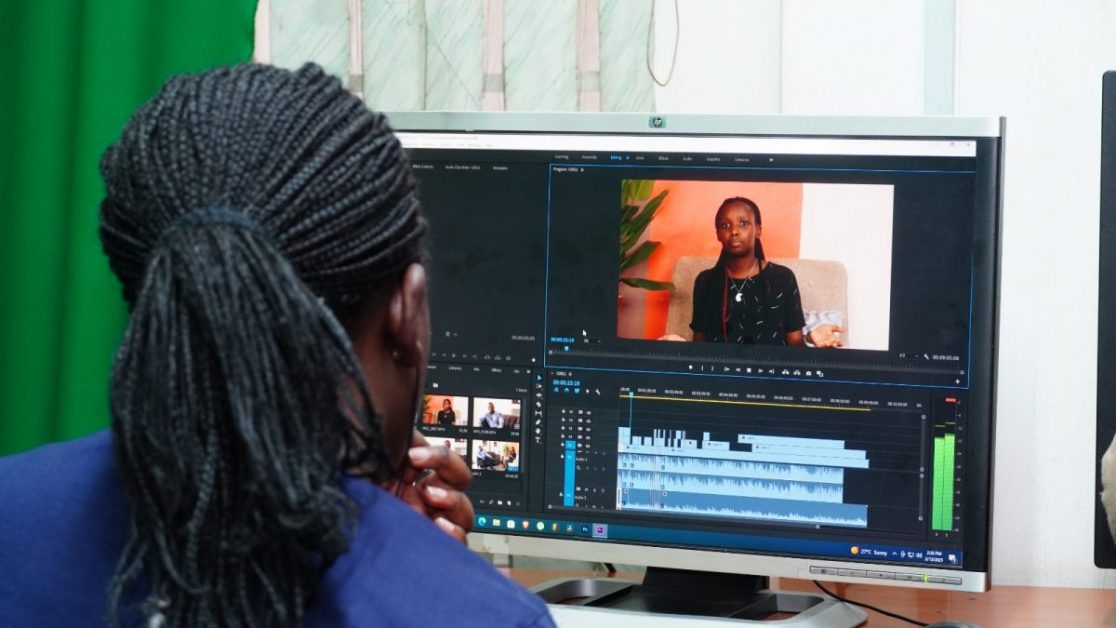
Working on Your Talent: Hone Your Skills and Achieve Success
Working on Your Talent: How to Hone Your Skills and Achieve Success
Talent is often described as a natural ability or aptitude for a particular activity or field. However, having talent alone is not enough to achieve success. It requires hard work, dedication, and a willingness to improve and hone your skills. This article delves into the strategies for enhancing your natural abilities and attaining triumph in your preferred area.

Steps For Working On Your Talent.
Identify Your Talent
The first step in working on your talent is to identify what it is. This may seem obvious, but many people are unsure of their talents or have multiple talents that they are interested in pursuing. Take some time to reflect on your interests, hobbies, and skills. Think about what you enjoy doing and what comes naturally to you. Consider taking an aptitude test or seeking feedback from others to help you identify your strengths and weaknesses.
Set Goals and Create a Plan For Your Talent
Once you have identified your talent, the next step is to set goals and create a plan to achieve them. Your goals should be specific, measurable, achievable, relevant, and time-bound (SMART). For example, if your talent is singing, your goal might be to perform at a local open mic night within six months.
Create a plan that outlines the steps you need to take to achieve your goal. This might include taking singing lessons, practising regularly, and networking with other musicians. Break your plan down into smaller, manageable tasks and set deadlines for each one.
Practice, Practice, Practice
The adage “practice makes perfect” is particularly true when it comes to working on your talent. Regular practice is essential for improving your skills and achieving success. Make sure you set aside time each day or week to practice your talent. This might mean taking a class, practising on your own, or working with a mentor or coach.

Seek Feedback and Learn from Failure
Another important aspect of working on your talent is seeking feedback from others. This can be scary, as it requires vulnerability and a willingness to accept criticism. However, feedback is essential for identifying areas where you need to improve and for learning from your mistakes. Seek feedback from trusted friends, family members, or professionals in your field. Take their feedback seriously and use it to guide your practice and development.
It’s also important to remember that failure is a natural part of the learning process. Don’t let setbacks discourage you or make you give up on your talent. Instead, use failures as opportunities to learn and grow. Analyse what went wrong, identify areas for improvement, and adjust your approach accordingly.
In conclusion, working on your talent requires dedication, hard work, and a willingness to constantly improve. By identifying your talent, setting goals, creating a plan, practising regularly, seeking feedback, and learning from failure, you can hone your skills and achieve success in your chosen field.

0 comments
Write a comment